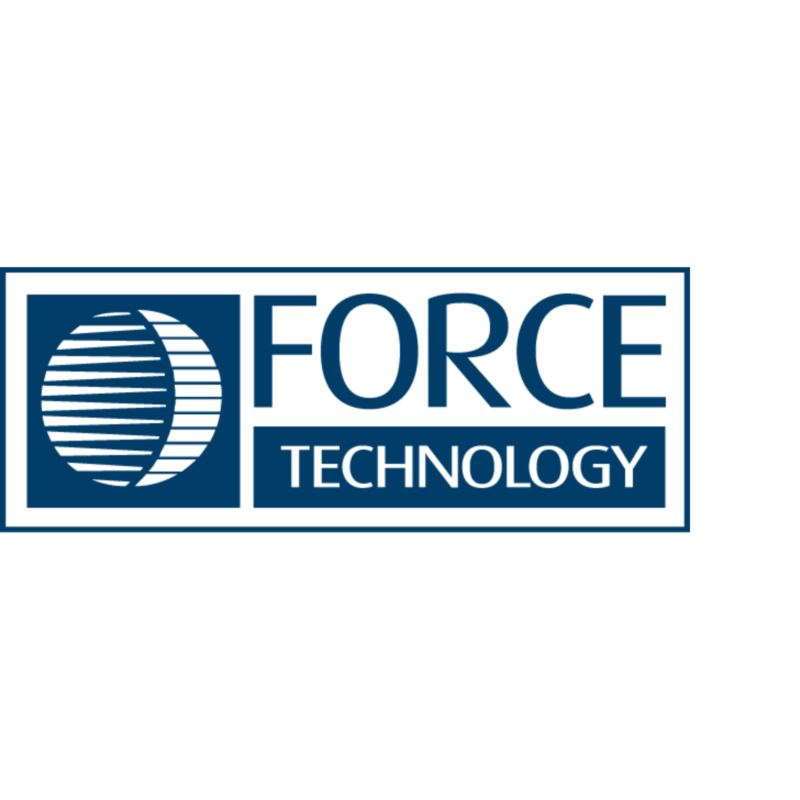This is not simply a question of granting access. You need a network whose connections you can trust to respect the sensitivity of your data and unlock its value. IDS Certification is the crucial tool to building such networks of trust.
IDS Certification: it’s all about trust
Until recently, companies that want to share their data had few alternatives to contributing their data to a data pool run by an external provider. However, it’s virtually impossible to find such a pool that satisfies everyone’s needs. What is worse is that, after access to the data has been granted, the data can be altered, copied, and disseminated by the recipient. The data provider can no longer trace who is working with their data and how.
This is a serious compromise. If there is the slightest chance of your proprietary cooling-pump designs ending up in the wrong hands, the return on investment on data sharing becomes much less attractive. This is why many companies view the notion of data-sharing with such skepticism. What is missing is trust: trust in the standards of the network, and trust in all the components in between.
Empowering sovereign data sharing: data spaces based on the IDS-RAM
This is where data spaces come in. Data spaces provide a distributed digital infrastructure for trusted and secure data sharing among multiple participants while ensuring data sovereignty. Data sovereignty means that the data provider has control over how their data is collected, processed, and used by data consumers.
In today’s digital economy, where data is increasingly collected, shared, and used across borders and by multiple organizations, data sovereignty is a crucial aspect of data usage. It recognizes that data is a valuable asset belonging to the provider, and they should retain the final say in its sharing and management.
The IDS Reference Architecture Model (IDS-RAM) is the framework that outlines the key components and requirements needed to build a data space. It provides a common language and structure for designing and implementing data spaces, and it helps ensure interoperability and standardization across different data space implementations. The IDS-RAM includes specifications for key components such as data connectors, data models, and security mechanisms, as well as guidelines for data governance.
The critical role of IDS-certified data connectors for sovereign data sharing
The data connector is the core component of a data space. It plays a crucial role in enabling trusted and secure data sharing between participants, allowing data to flow seamlessly across different systems and devices. The data connector is responsible for establishing secure connections, verifying the identity and authorization of participants, and ensuring data integrity and confidentiality.
In addition, the connector provides an interface for accessing and exchanging data, while ensuring data usage control. This mechanism allows data providers to set rules and policies regarding who can access their data and how it can be used or shared. Data usage control helps protect sensitive data from unauthorized access, use, or disclosure, and to ensure that data is used only for its intended purpose. Effective data usage control is critical for maintaining data sovereignty.
IDS Certification, as defined in the IDS-RAM, makes sure that the connector is built as specified and by doing so, ensures data sovereignty for all participants of a data space. IDS Certification involves a formal evaluation process that includes rigorous testing, documentation, and review of the data connector against functional, interoperability and security criteria. This process can help identify issues before the data connector is released and ensures that it is interoperable with other IDS components. Finally, it ensures that data connectors are of high quality and meet industry standards.
Two assessment levels for ensuring technical interoperability
Technical interoperability is crucial for seamless data sharing. To achieve this, all connector implementations must follow specifications and standards instead of relying on individual approaches. Multiple levels of interoperability, including connector interaction, identity & access management and data usage control, and data exchange protocols, must be addressed. IDS Certification is the ideal method to ensure data connector interoperability.
This is already possible through the Assurance Level 1/Checklist Approach Certification. Connector owners can perform this assessment themselves using a checklist, that is available through the IDS Certification Portal. The IDS Reference Testbed is also necessary for testing the data connector’s behavior in a data space setup. It can be downloaded for free from GitHub. This self-assessment examines whether the data connector has the necessary functionalities to be interoperable with other data space components, as well as whether it meets the required functionalities and security criteria for data sharing.
To ensure objectivity in evaluating compliance with interoperability and security standards, IDS Certification should be conducted by an independent third-party IDS Evaluation Facility. This in-depth evaluation process, known as Assurance Level 2/Concept Review Certification, ensures compliance with IDS standards for data connectors – and with industry-specific standards and regulations.
Compliance with industry standards and regulations
To ensure compliance with industry standards, data connectors are tested against key security criteria derived from widely recognized sources such as IEC 62443, secure development criteria, and IDS-specific criteria. IDS Certification is the only certification program that certifies data connectors according to IEC 62443, providing an added level of assurance. All certification criteria and requirements are defined in the IDS Certification criteria catalogs.
Certified data connectors are a one-of-a-kind piece of software, providing a range of benefits that help to reduce conflicts when sharing data, build credibility among stakeholders, and aid compliance with industry requirements and standards. Moreover, they stimulate the innovation of new software applications, and provides high-quality, reliable, and secure products and services for customers. IDS Certification ultimately contributes to the success of data sharing initiatives.










